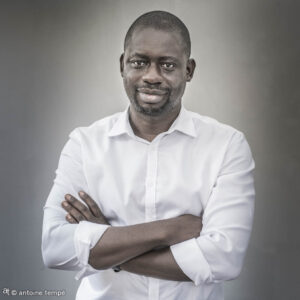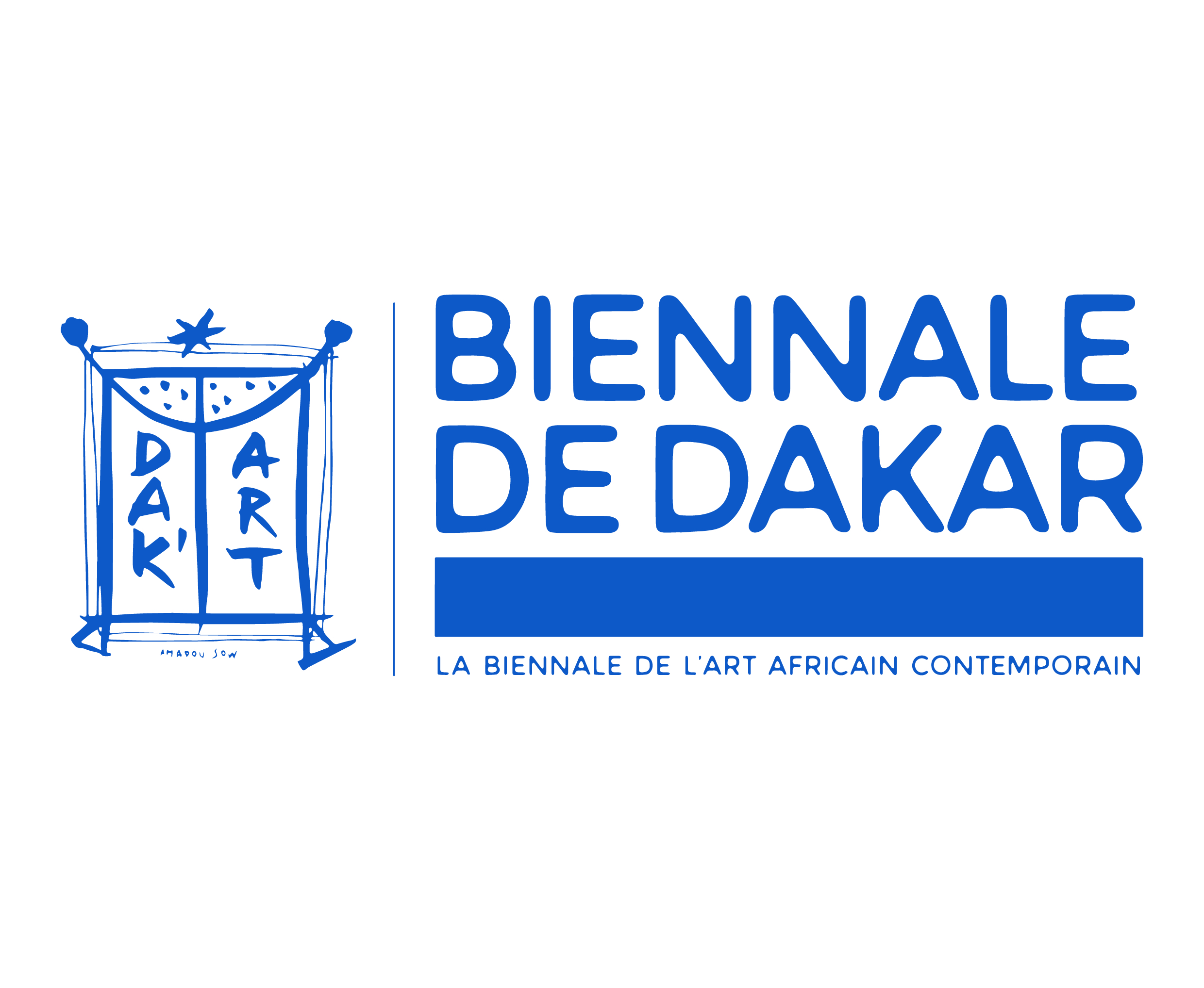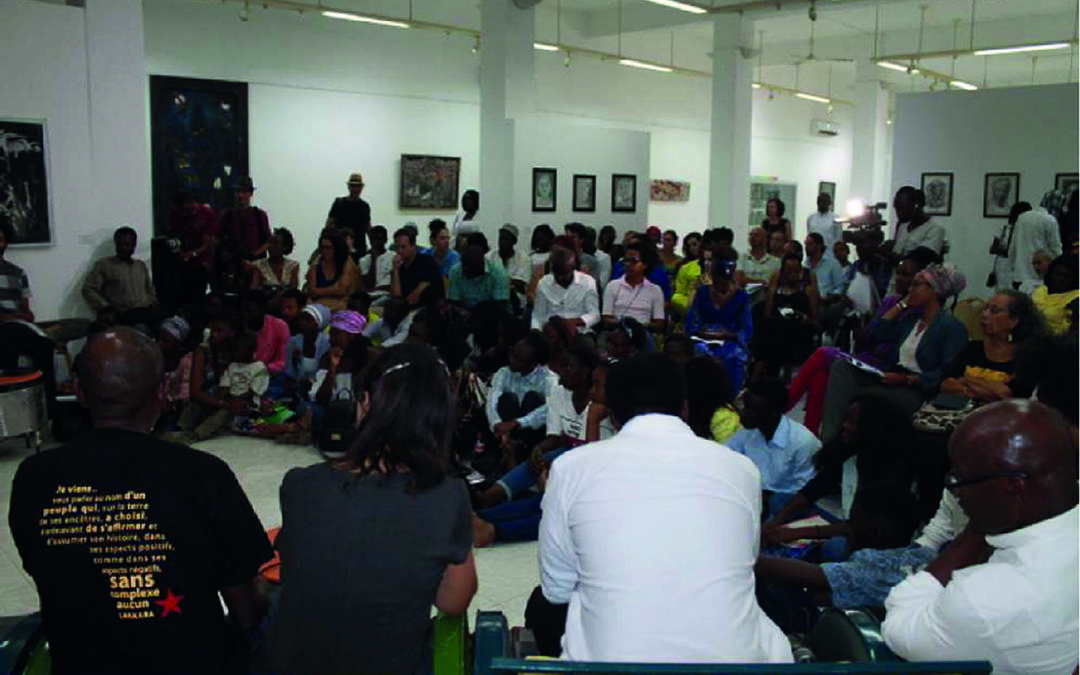CREATION, BODIES OF KNOWLEDGE AND CONTEMPORARY AFRICAN ART
The exchange meetings are part of the general theme of Dak’art 2022

Felwine Sarr, auteur et professeur d’économie, Dakar, 2017
“Ĩ NDAFFA#/FORGER/OUT OF THE FIRE » – Ĩ NDAFFA is inspired by I NDAFFAH, which – in Serer language – invites to the forge. The term captures both freedom to transform and the multiple possibilities of creating. The alchemy of the forge and the transformative action that leads to a new stage is thus suggested. Also, the 2022 edition of the Dakar Biennale urges us to transmute concepts and found new meanings. Forging refers to the act of transforming a piece of matter, metal most often, and in several languages, it once meant what has fallen into oblivion today: create, imagine and invent. It is therefore about building new plastic writings, new knowledge and know-how, which integrate African readings, in order to forge looks and tools that can help us meet contemporary challenges and thus lead to the constantly renewed construction of a significance enabling us to better understand the world’s complexity. To this end, the following issues will be explored during the 2022 Dakar Biennale’s Exchange Meetings:
- Grammars of Creation, Knowledge Deposits and Discontinuities in African Contemporary Art
Forging new approaches to the 21st century history of art means reconsidering the contexts where its underlying knowledge emerged. African cultural histories have not sufficiently informed the appreciation of contemporary art aesthetic objects. Drawing on the sources of – and integrating the representations of the world by – African aesthetic knowledge would pave the way for new methodologies and enrich the doctrinal body of art history. It is also about rethinking and therefore reorganizing the traditional temporalities related to art history by integrating composite non-linear times of African historiography therein. In short, it is about analyzing the contribution of African contemporary art in the history of art.
- Building an African Archive
Why build an African archive? How to build it, with a view to what? Generally, the role the archive is to preserve more keeping track of the past and memory of societies. The archive issue will be considered here with a view to building an archive for the future. More than keeping track of and preserving the past from the outrages of time, it is also about considering the archive as an artifact the germination power of which affects present and contributes in building future times. Besides, it will be about questioning – through its artistic productions – the relationship of African societies to memory and oblivion, and the way in which the archive is made alive by an oblivion-conscious art. By consenting to the obsolescence of part of the cultural matrix, the said art makes room for creativity and inventiveness.
- Heritage and Human Rights
The African heritage restoration debate has concurred with several events that have marked news reports in recent years, including one on the place of statues and monuments in public space that has arisen in South Africa (Rhodes must fall), the United States, and Europe, where colonialism figures are still strongly represented in public space. The shadows of racism and police violence in the United States (George Floyd death & Black Lives Matter Movement) have once again spread, which is linked to the necessary deconstruction of the discourse matrix and racism imaginary. All this interrogates the status and role, constitution and selection of heritage in light of history. Heritage, social justice and human rights are being increasingly close. Beyond demanding freedom to dispose of objects created by one’s culture and ancestors, the debate on restoring African cultural property asserts the right to decide on signs and symbols represented in memorials places, as well as on the meanings and significance intended to be promoted, for example by avoiding those that express racism-glorifying speeches. To what extent are these debates a sign of an evolution of the heritage notion, with its meaning being increasingly linked to social issues and human rights, as well as to the desire to change worlds by working on symbols, speeches and representations as well as their psychological effects, and the plurality of historical events meanings?

